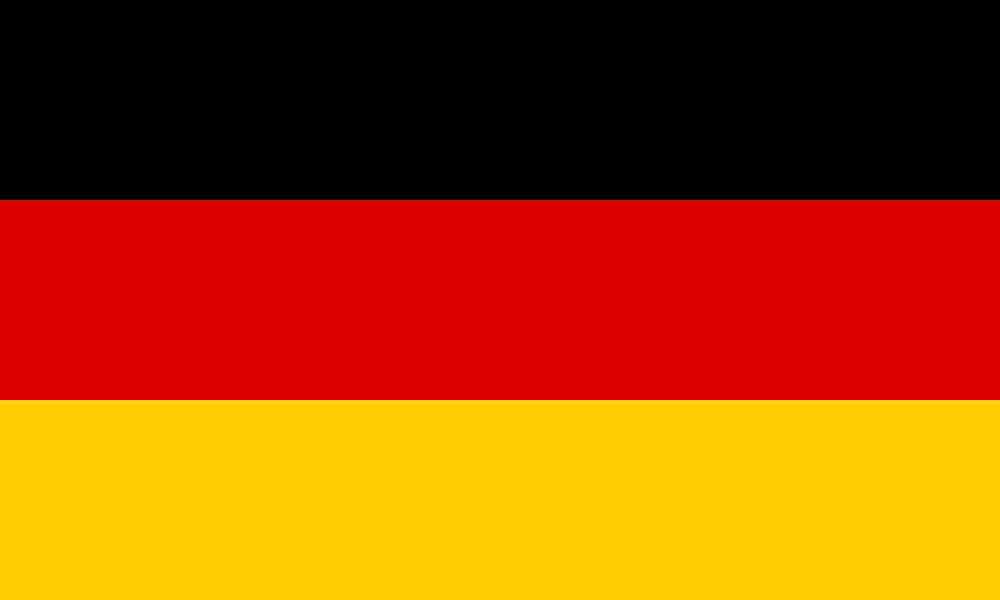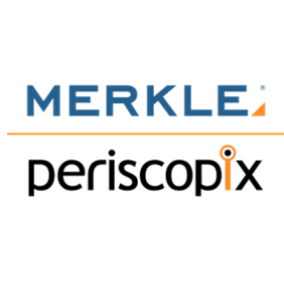Germany Calling: How to Get Your PPC Strategy Right for the German Market
24 Apr 2015

Why To Advertise In Germany
According to the IAB Europe, the UK has seen the strongest digital market growth for display and search in 2013 with a spend of €7.4bn, followed by Germany with a spend of €4.7bn (from €4.2bn in 2012).
Germany's high purchasing power compared to the UK (Source: IndexMundi) and its higher population (Source: The Webcertain Global Search & Social Report 2014; Quarter 1, 2014) also means a potentially higher reach and revenue with PPC activities. As a result, it doesn't come as a surprise that more and more companies are considering expanding their PPC activities to Germany.
This blog will focus on exploring characteristics of the German market & will use market insights to give best practice advice for setting up and running German PPC campaigns.
The German Market
The Google Consumer Barometer is a useful tool for examining user online behaviour for different countries. I compared specific metrics for Germany and the UK to get an idea about differences in user online search and purchasing behaviour. This is what I found:
- More UK users are using the Internet in the product research processthan German users, be it for inspiration or to prepare for immediate purchase
- 39% of German users claim that the Internet did not influence their purchase at all, compared to only 27% of UK users
- A higher number of German users seem to buy in store, and only 35% of users buy online
- A lower number of German users are using smartphones and tablets to look for product information and to make an online purchase compared to UK users
- When we look at consumer attitudes, users in Germany seem to put a slightlylower importance towards search result presence, positions for leading brands and location information in ads.
The above results could indicate that the German eCommerce market is not yet as mature as the UK one, with most German users still using traditional offline sources and desktop computers when making purchases and putting a slightly lower importance towards paid search results. However, Germany is slowly catching up and now is the time for companies to 'get a foot in the door'.
Besides the online search and purchasing behaviour the language is another significant country characteristic that might impact your PPC activities. The number of German citizens who claim to be able to speak English is higher than 50% (Source: Google Fusion Table). There are several dialects spoken in different parts of Germany, but mainstream German is still the most used dialect and the easiest to understand. You will find that German is a very versatile and difficult language, where one English word can have several German translations and German is known for having many long words. Also, there is a difference between 'you' as the direct form and 'you' in the polite form, and it's uncommon to use title case.
Implications For PPC
Let's now take the insights we gained about online search and purchasing behaviour in Germany and think about what they could mean for PPC activities.
The Population & Language
1. The potential online reach in Germany is higher than in the UK as the number of citizens is higher.
2. Think about having both English and German keywords, as many users in Germany speak English and might therefore search for English terms. Also think about extending your language settings to include English. Googlerecommends splitting out your campaigns by language, so you don't risk having your ads show on sites in languages that are different to the language your ads are written in.
3. As the German language is much more difficult than the English language, don't just try to translate your English keywords and ads. Generate keywords from fresh and consider that one English word often translates to several German words. This could also affect the length of your keyword list.
4. Think more carefully about using title case and whether to use the direct or polite form (both 'you' in English) when addressing users in your ads.
5. You might experience issues with your ad copy character count. 'Summer sale' for example is 'Sommerschlussverkauf' in German – this word would take up 20 of the 35 characters that you have available in each description line.
Agency insight: Most of our clients who are running German campaigns are running ads in both German and English, and are bidding on both English and German keywords. This allows us to use English and German ads based on the user's language settings, which helps to improve CTR. It also means that we can split out the performance for each.
Search Volume For Your Brand
The number of impressions you receive can really differ depending on how well known the brand is in Germany, so you can't expect the same traffic as in the UK. You might want to use the Google Global Market Finder to get the estimated local monthly search volume for both countries.
Agency insight: Many of my colleagues have seen a much lower avg. CPC for brand campaigns when the brand was less known in Germany, as there was less competition on the keywords. As a result, the costs and CPA were often much lower compared to the UK, although the conversion rate was also lower.
Use Of Search Engines
1. Fewer users in Germany are doing product research online than UK users, which might affect impression numbers.
2. Users in Germany are more likely to convert offline than UK users. This could affect conversion rate and conversion numbers. This could also mean that a high(er) percentage of PPC activities lead to in-store purchases. Consider using offline conversion tracking if you think this number might be high. This will help you link online and offline user behaviour and import conversions that were initiated through PPC but were completed offline.
Device Usage
The smartphone and tablet traffic and conversion numbers that you see for your German campaigns might be lower/poorer compared to your UK campaigns.
Agency insight: We have experienced a higher CPA for mobile and a much lower conversion rate for some of our German campaigns. Many of our clients also saw a much lower proportion of mobile and tablet traffic compared to desktop when comparing the UK and German campaigns.
Consumer Attitudes
1. German users seem to be less worried about a brand's ad position than UK users, so test different ad positions to see which work best for you. You might find that your campaigns are more profitable and still have a good click-through rate in a slightly lower ad position.
2. You might receive less mobile traffic from users in Germany as they seem to put a lower importance towards local information and finding product information in-store.
Agency insight: Although most of our German campaigns don't have any location extensions (because most clients don't have physical shops in Germany), we have one client which has seen over 25% of its conversions coming through when a location extension was shown.
Product Research Behaviour
Don't expect to see the same online user journey for Germany as in the UK as more users in Germany seem to use offline sources for research.
Product Purchasing Behaviour
German users seem to use online media to do product research, but the number of conversions and the conversion rate compared to the UK might be lower, as a much lower number of German users seem to convert online.
Again, you might want to consider using offline conversion tracking in order to track purchases in store that originated from a search campaign.
Most importantly: Do your research
Every industry differs, so the insights that we gained in this blog through theGoogle Consumer Barometer don't necessarily have to apply for your specific industry/product category. Use the Graph Builder within the Google Consumer Barometer to segment the data further by product category.
Another useful tool is the Google Global Market Finder which provides PPC specific data for different locations and languages. After putting in a sample of keywords and choosing the language and country you want to look at the tool will tell you:
- The location & number of users who are searching for these keywords each month
- Search volume, competition and avg. CPC across locations and languages
- The competition for these keywords across locations and languages
Now start building your own German campaigns, or give us a call or send an email to get some support from us.
To view the article as displayed on Periscopix's website, please click here.





Please login to comment.
Comments